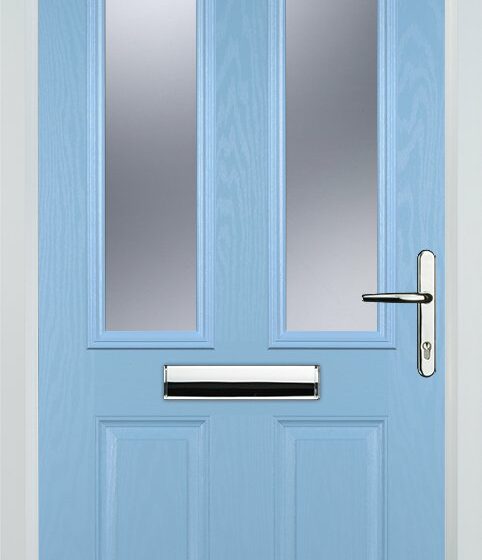Last Updated on 28 August 2013 by ianr

From the Kyoto Protocol to the European Union the pressure is on for the United Kingdom Government to reduce carbon emissions.
The Government Green Deal initiative launched some six months ago was intended to give everyone in the UK the opportunity to improve the insulation of their properties, has it worked, apparently it would appear not.
In fact the Green Deal is a flop!
This deal was launched in a blaze of publicity and was meant to stimulate demand for energy reduction measures by highlighting the savings home owners can make and the short payback periods required when they undertake to upgrade their properties. However, it is not working out as planned; the deficiencies and current shortcomings of the Green Deal have recently been highlighted in a BBC article with just four people signing up! – for more information read http://www.bbc.co.uk/news/business-23081896
Some of the key activities identified by the Green Deal for improving efficiencies are cavity wall insulation, loft insulation, new heating systems and door and window replacement.
Using a typical house front as an example, there are an estimated 31 million doors that are over 10 years old installed in UK dwellings, therefore the scope for saving both energy and carbon emissions is substantial. When replacing a draughty, poorly insulated door with a high performance insulating like a composite door, it is estimated that the typical payback time would range from 5 to 19 years but average around 10 years the period being dependant on the type and the condition of the door being replaced.
It sounds good, but as the BBC article highlights the number of bodies taking up finance provision is limited, which is not surprising as the interest they are allowed to charge is controlled. Finance is only the start of the bureaucracy of the system –
- Every application requires an assessment, so an Assessor is required. This involves some element of training of suitably qualified and experienced individual before this qualification is granted. The Assessor will, as the name suggests assess your property, provide an Energy Performance Certificate (EPC) and recommend energy saving improvements for your home and provide you with a Green Deal Advice Report.
- If you do qualify, you will have to comply with the complex principle known as the ‘Golden Rule’ which will guide what improvements can be installed under the Green Deal and the repayments you will need to make. For example, if a new door is installed and the estimated energy saving in the first year following installation is £85, the repayments for that year should not exceed £85.
- Every upgrade requires an approved installation provider and this involves another round of paperwork to confirm that company who carry out such installations are actually fit to do so, despite any industry accreditations like FENSA they would already hold to prove competency. The Provider will draw up a Green Deal Plan tailored to your property – this will also set out the repayments (including interest) that you would need to make via your service provider bill. Finally, a Green Deal Installer will arrange for the energy saving improvements to be made and your repayments will begin.
- The unique aspect of the Green Deal is that the finance of the improvement stays with the property which dependent upon the time scale of the independent deal means that the householder passes the debt with the sale of the property. An interesting addition to the normal “conveyance” associated with house sales and one which will pose new problems for the legal profession and no doubt additional charges for the seller.
The greatest problem with the Green Deal is quite simply the majority of people have not heard of it which is probably as well considering the confusion that surrounds its launch. Over recent weeks there appears to have been a greater effort to spread the word, newspaper advertising, billboards at sporting events and the dreaded automated telephone calls, many of the latter suggesting that the service is free which it is not.
How are the general public supposed to track and utilise the benefits of what after all is an excellent concept, if so much of the information surrounding it is incorrect and difficult to find out about.
A further interesting development announced last week throws even greater concern over the Green Deal if the article from BBC is correct. This article suggests that over the last six years the use of gas and electricity in domestic households has fallen by some 25%. This would suggest that financial restraints may be a greater controlling influence than any Government Directive, or that a large proportion are already aware of the need to reduce carbon emissions and have quietly being doing so for a number of years.


